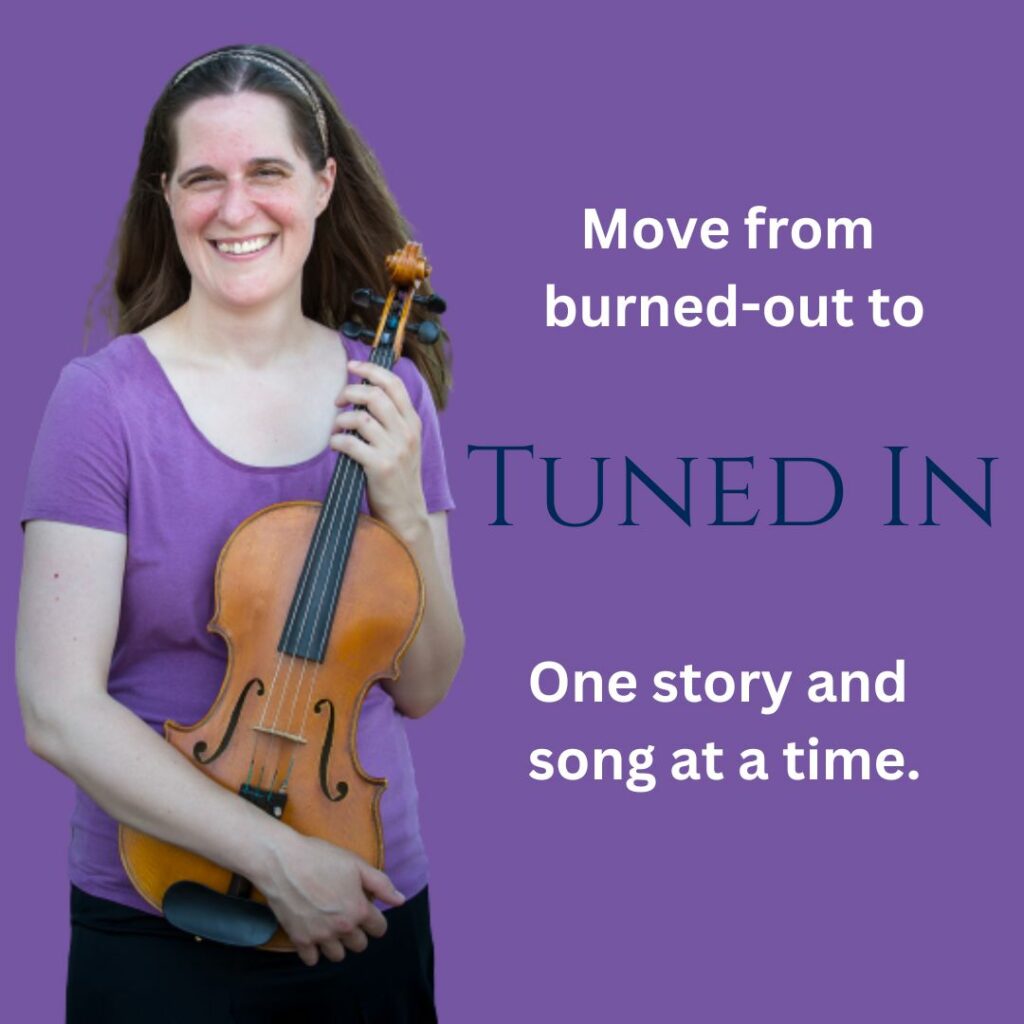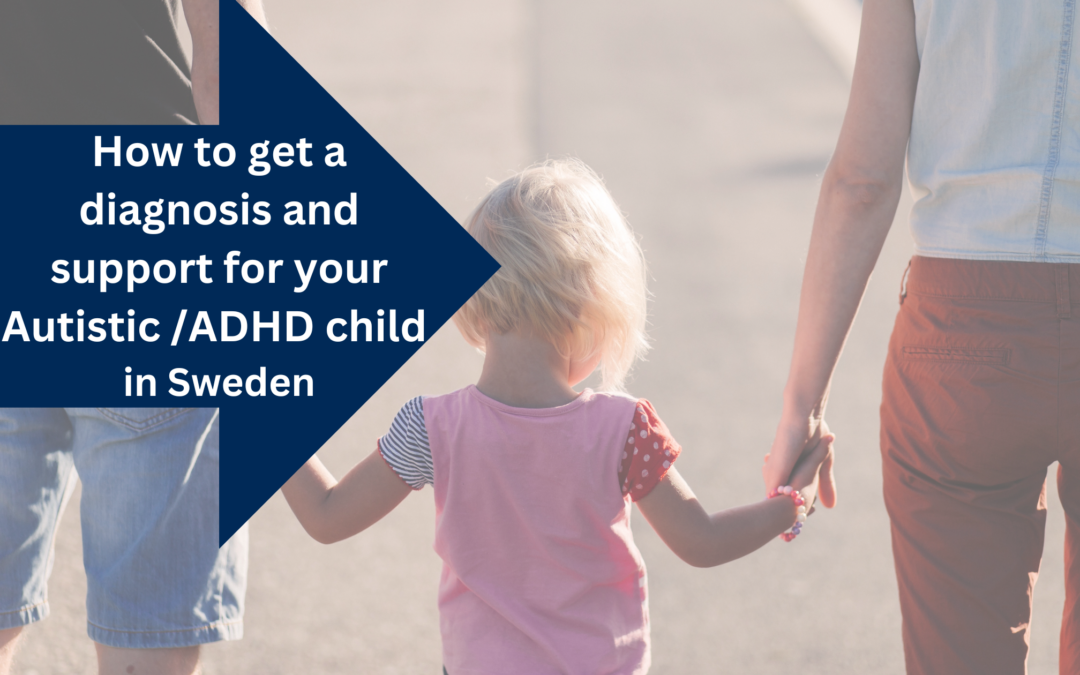Are you someone who isn’t fluent in Swedish and you are trying to find help for your child?
Maybe your child is struggling with social situations.
Maybe they are struggling in school.
Maybe your child has frequent absences or is unable to go to school due to emotional and social needs and academic struggles.
And if you are born and raised in Sweden, but never had to access services for yourself or other children before, this resource list is also for you.
I was struggling to figure out the next step to help my child when struggling at school and with challenging behavior
I have gotten lost many times in the sea of brochures and things that people have told me I could get help with. It feels sometimes like an insurmountable task to get to the doorstep of the people that can support you. You have a right to certain things, but you have to know where to go and who to talk to for access to that.
In my case the teachers at school mentioned several times noticing traits of autism, but I didn’t know who to talk to to get more help. I asked at the regular doctor and for two years was dismissed with my concerns. So, I waited a bit longer. But, if you are wondering what the process looks like and where to go, I am sharing the steps here.
In this post I will mention the steps for diagnosis and some initial help. There is more, but I will save the rest for another post. I found it really difficult to navigate all the agencies and also have a child at home that needed support. So, I’m making some posts with lists of places to go and how they can help you. (Also to save for myself for the next time I need all these people).
Get a Diagnosis
When you realize that you need more assistance for your child.
- Go see your regular doctor. If you don’t have a regular doctor, check with 1177.se . Describe the trouble your child is having. I found because my child was young when I started asking for help that it took several visits with a doctor before a referral was made, but if you are dismissed try a different doctor. If you think your child might have autism or ADHD google some of the symptoms and try to list those specific things you see in your child when you talk with the regular doctor. What you need is a referral to BUP (see below).
- For assessment you will go to BUP (Barn och ungdomspsykiatri) In a translated version this means children and youth psychiatry. In each area of Sweden, there is a BUP, where they do evaluations for those who might have some diagnosis, but you can also get help here if any child is struggling emotionally. They provide counseling and such also for kids without a diagnosis, but who are emotionally struggling. So, if in doubt about what to do, this is the place you need to get to. For our assessment, we got the referral from the doctor in September and got a meeting with BUP in December and went through the evaluation process in March-April with multiple doctor visits, IQ test, 2 play observation tests, and multiple questionnaires and meetings for parents. We got the final results in May and had a meeting with the school to help with adaptations. I’ve been told that they prioritize getting the younger kids through the process faster and that the older your child is when you start, some families wait for 1-2 years.
- For a second assessment, if your child is having trouble with different things that don’t fall under the diagnosis they were first given, then a second assessment can be done at a later age. So, in our case when the diagnosis of autism was made at age 5, they saw signs of ADHD but said it was too young to have that diagnosis. As soon as we started with F-klass at age 6 (the first year of grundskola), my child was having difficulties with concentration and focus and so the teachers recommended we go back for a follow-up evaluation. We waited until the end of that year because school was so stressful and I didn’t want to add to the stress. We applied in June through the school. Had to do a visit with the school doctor in the fall, then were referred back to BUP in October and the decision was finished in February. We got the official paperwork in May.
Get Assistance for autism or other functional support needs
- Habilitering center helps to adapt school environment and other situations. You will need to apply to the one that is closest to where you live and there is usually a waiting list. Here are some things they can help with:
- community support
- school, work and employment
- motor skills and locomotion
- breathing and swallowing
- pain and sense impressions
- a functioning everyday life
- language and communication
- social interaction and relationships
- health and lifestyle
- problem behavior
- knowledge of the disability
- support for relatives.
- Support for Parents and other relatives: the “Anhörig Center” I will link the Stockholm region one, but you can search for the same in your area. I received help from them before I got a place with Habilitering to help my child. After working with a few counselors/psychiatrists from the regular doctor clinics who had no real understanding of how to help me or my struggling child, it was refreshing to get help from people that were actually trained in working with people with autism and adhd.
- Classes There is a whole catalog of courses that you can take as a parent and that grandparents and teachers also have the right to access.
When I get the next section of resources posted, I will link to it here.
For now, if you are struggling with challenging behavior with your child and you need some support to help move from burned out and stressed to tuned-in to your child. Join our community of people using singing to help improve everyday lives.


